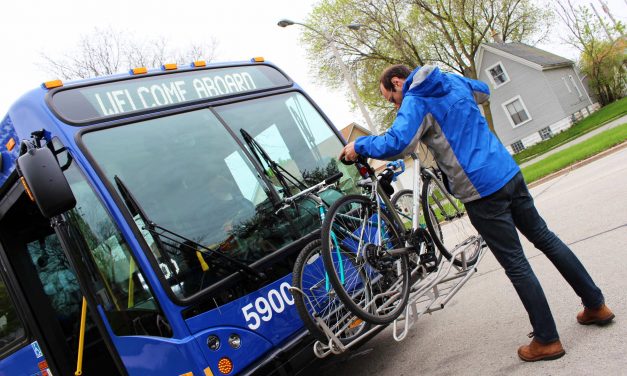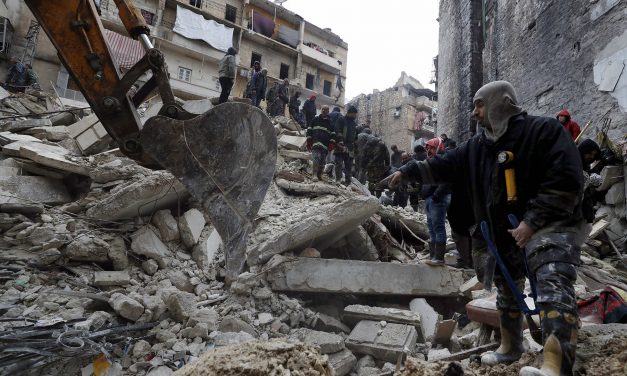Governing from jail: Constitution unclear about a candidate running for president while indicted
By Stefanie Lindquist, Foundation Professor of Law and Political Science, Arizona State University A Manhattan grand jury has voted to indict former President Donald Trump. The specific state charges “remain a mystery” but will be related to the Manhattan district attorney’s investigation of Trump for making hush money payments to a porn star just before the 2016 presidential election. It is the first time a U.S. president or former president has been indicted. At the same time, Trump is expected to continue his campaign for the presidency, seeking to regain in 2024 the position he lost in 2020 to...
Read More















